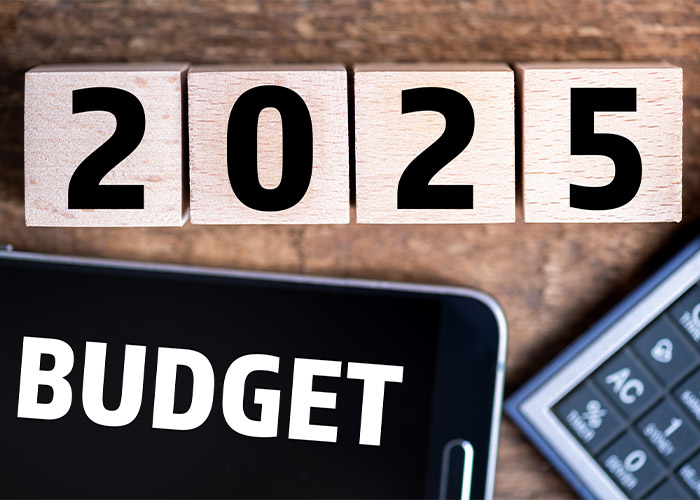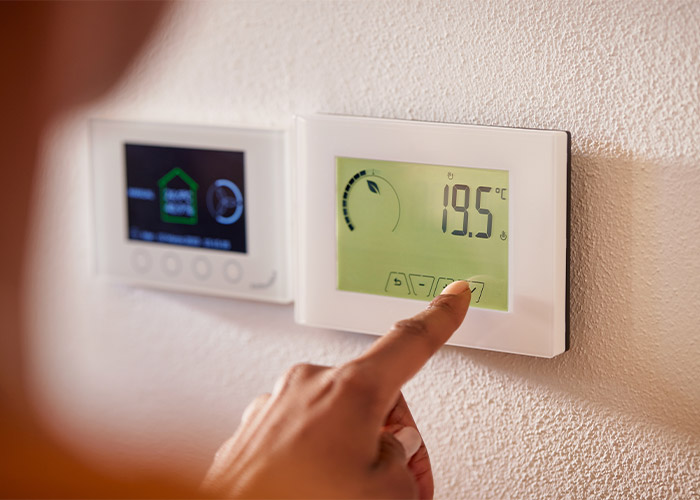Amid rising living costs and with Christmas on the horizon, it can be more and more tempting to put extra costs on your credit card. In fact, according to Bank of England statistics released in August 2022, the annual growth rate of credit card borrowing was 13.0% – the highest rate since October 2005. While using your credit card wisely can be a helpful way to pay for a few extras, continued use can leave you struggling to pay your credit card bill. And, with interest rates typically high on credit cards, this can be an expensive way to borrow. If you find you can’t pay your credit card bill, it’s important to take action straight away in order to stop your credit card debts growing. Here, we will run through what to do if you can’t pay your credit card bill.
Stop spending
It may sound obvious, but the moment you realise you are struggling to pay your credit card bill the best thing you can do is stop spending on the card. It goes without saying that the higher the card balance, the harder it will be to pay it off. It can even be worthwhile cutting up your card to remove all temptation.
Work out what you can afford
A priority when paying off any debt is to work out what you can afford. Start by totalling up your incomings and outgoings, then whatever is left can be used to pay off your credit card bill. This task also helps you understand if you can cut down in any areas of your life to allow you more funds to pay off your debts. However, when doing this, make sure that you prioritise your priority bills. These are things like your rent or mortgage, council tax, gas and electricity and court fines. Taking stock of your income and regular outgoings can also help you determine whether using your credit card is a one-off occurrence, or whether you will need to rely on it to supplement your income on a more regular basis and will therefore need longer term support.
Contact your credit card company
Credit cards are regulated by the Consumer Credit Act (CCA). Therefore, creditors (such as British Gas, for example) must follow strict rules if you are struggling to pay your bills. In the first instance, contact your credit card provider, tell them you are struggling and how much you can afford to pay. They should work with you to devise a payment plan you can afford, or, in some cases, they can offer payment holidays.
Opt for a balance transfer
It may be worth considering transferring your credit card balance to a 0% credit card to help you cut some of your debt and therefore help you pay it off more quickly. Typically, you will be offered 0% interest for a limited time – circa 3-36 months. During this time you will not accrue interest on your credit card debt, making it a good option if you have the funds to pay off enough each month to clear your debts before the end of the interest free period. For more information on whether balance transfers can help you, read our previous article.
Credit Card Debt Help
While the above can help with paying your credit card bill in the short term if you are repeatedly struggling to pay your credit card bill or are relying on your credit card to pay for essentials like food and fuel, it can be a sign of more persistent credit card debt. If this is the case then try not to worry, there is still help available. At Angel Advance we can provide expert credit card debt help and advice helping you to minimise payments and clear unaffordable credit card debt. You can use our Online debt advice tool , call us on 01925 599 400 or email info@angeladvance.co.uk


